Technical leaders explore the evolving printscape
Day 2 of the Mumbai Mudrak Sangh (MMS)-Sri Lankan Association for Printers (SLAP) jointly organised Round Table witnessed technical presentations from leading manufacturers.
13 Jul 2025 | By Sai Deepthi P
The MMS–SLAP Round Table 2025, held in Colombo, brought together leading print professionals for a day of technical presentations. Speakers from Linomatic, Konica Minolta, HP Indigo, CorelDraw, and Technova addressed industry trends, challenges, and strategies for adaptation. The presentations highlighted one shared belief that print is innovating, adapting, and leading.
Linomatic: From manual to automated production
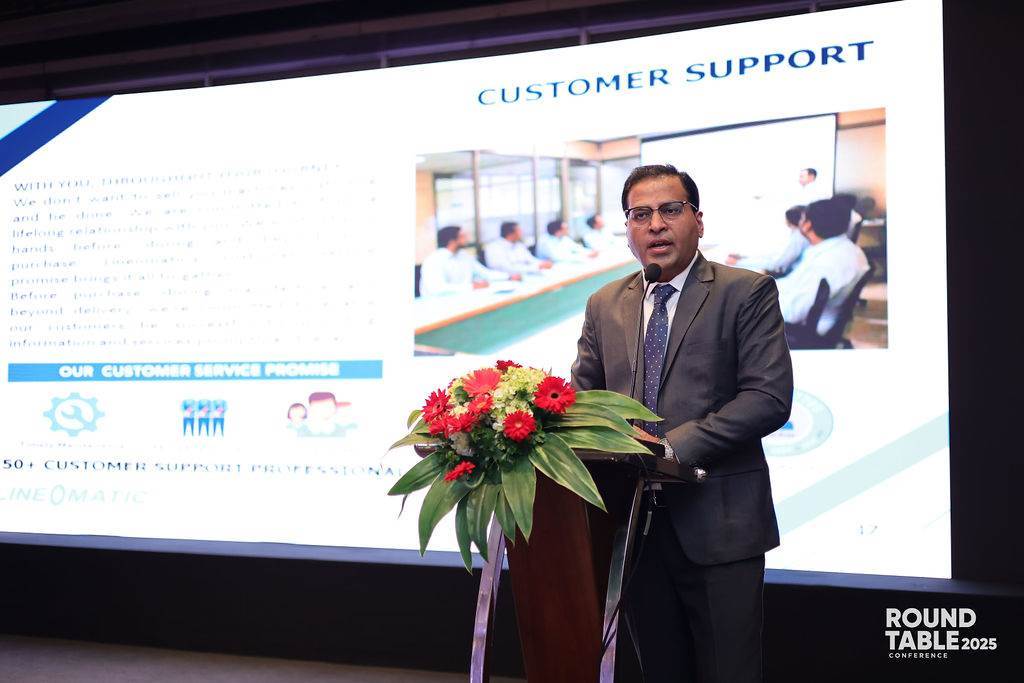
Mahesh Panchal, assistant general manager - marketing of Linomatic, spoke about the company’s longstanding relationship with the Sri Lankan market, which spans over two decades. He said earlier, notebooks were manufactured manually and European technologies were too expensive for many local businesses. Linomatic entered the market with fully automatic machines, which helped reduce waste and increase output. “Our chairman Uday Patel saw the vision to manufacture notebooks on par with the European level,” Panchal said. He credited Uday Patel to be the driving the company's focus on high-quality notebook manufacturing at a scale that could match European standards.
Panchal stated that the company now has over 50 models and caters to four different segments. It operates four manufacturing units and runs a 200-kW solar plant that supports the basic electricity needs of the facilities. All mechanical components, including spare parts, are produced in-house. The company employs 700 employees and exports to over 90 countries.
He said that each year, Linomatic sets strategies to expand its portfolio by adding new machines every year or two.
Konica Minolta: Embellishment as a communication tool
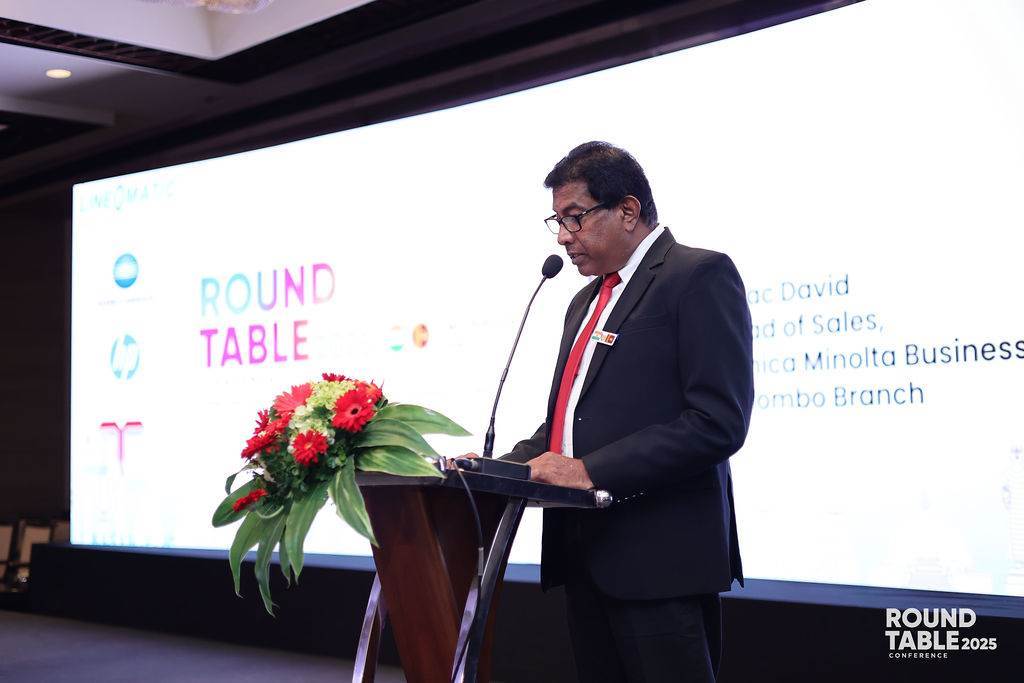
Isaac David, head of sales – business solutions asia at Konica Minolta, said packaging is not just functional but plays a role in telling a story. Techniques like embellishment can elevate how products are perceived and help brands stand out. He mentioned that Sri Lanka currently leads Asia in digital embellishment system installations. He said “Packaging is not just about holding what’s inside, it’s about telling a story.” Konica Minolta showcased the AccurioShine3600, its digital spot embellishment printer, and the AccurioPress series. David said the company's aim is to offer solutions that allow brands to grow by working closely with the industry.
HP Indigo: Understanding the next-gen customer
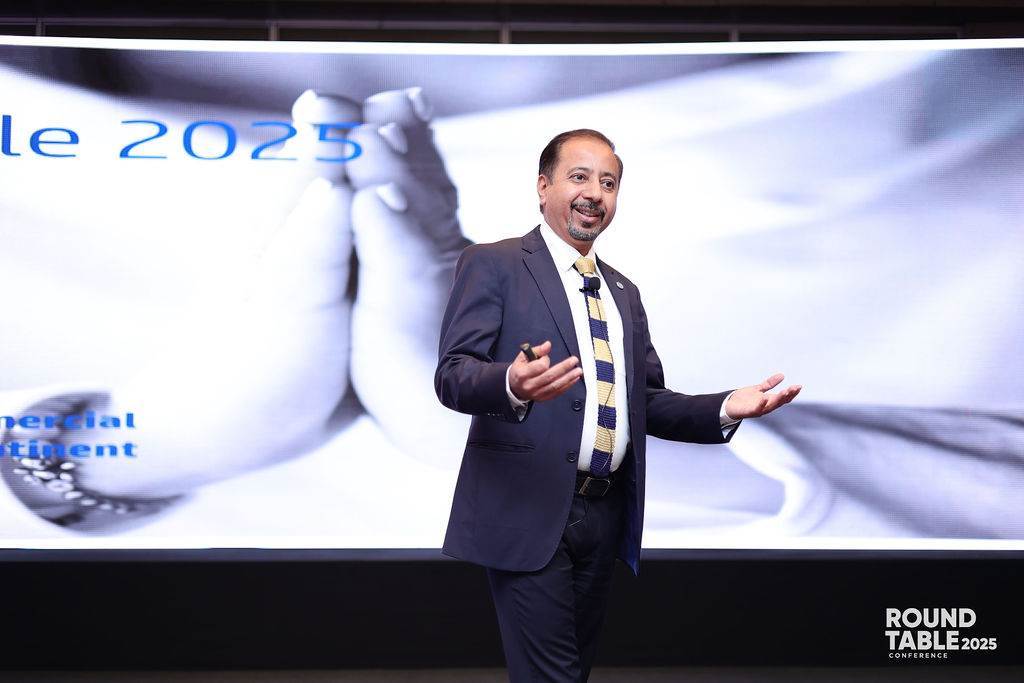
Ashok Pahwa, business manager at HP Indigo, focused on changing customer behaviour. He said the problems discussed across various round tables all pointed to one underlying issue, the next generation of customers. He referred to GenZ, Millennials, and Gen Alpha as digital natives whose lives are centred around connectivity and rapid consumption. He described their mindset using three words: YOLO, FOMO, and JOMO.
Pahwa said these consumers expect unique, customised products and are willing to pay for sustainability. They want quick turnaround and have limited brand loyalty. In India, he noted, GenZ alone includes over 377-million people, and their share of spending is expected to reach USD two-trillion by 2035. “If you want a good business, you need to understand your customer,” Pahwa said. He shared the example of Coca-Cola’s campaign that created two-million uniquely designed Diet Coke bottles, resulting in a 2.1% increase in sales and a 23% increase in brand preference. In India, Coca-Cola printed 120-million wrap-around labels in 12 languages over 85 days.
Pahwa said that 56% of print jobs can now be moved to digital presses, freeing up 37% of offset capacity. He added that the look and feel of HP Indigo matches that of offset, with brand colour matching and Pantone compatibility. He said HP has partnerships with Canva, Lightricks, and Fiverr, and also offers end-to-end automation for file-to-print workflows. “There’s no more sustainable technology than digital, we don’t use plates or harmful inks, and we don’t print excess,” he said.
CorelDraw: Getting the most out of design software
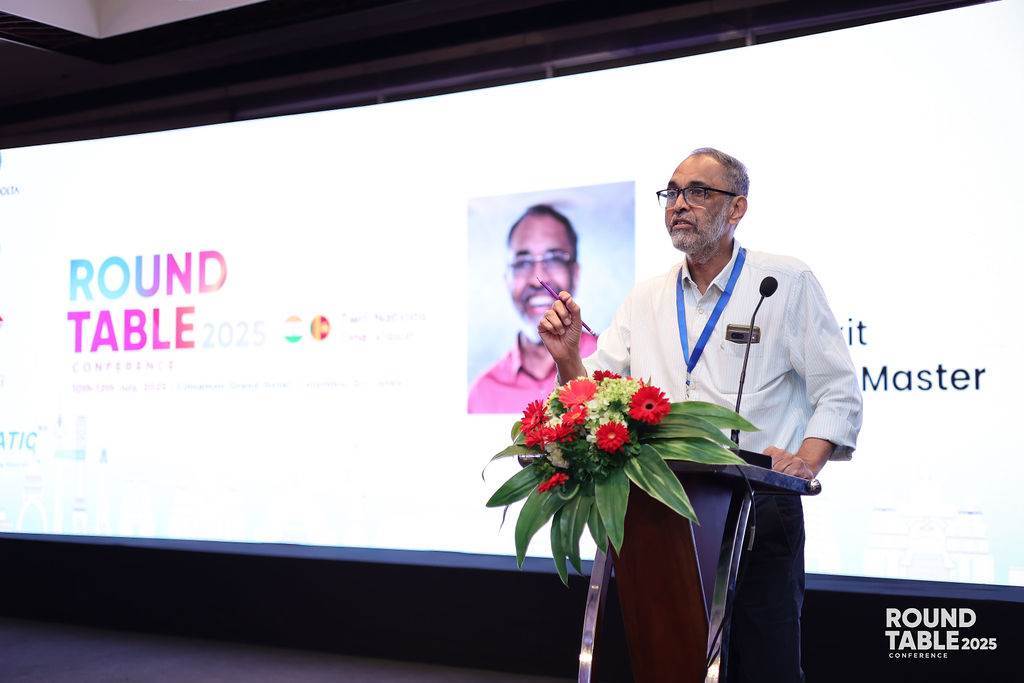
Anand Dixit, CorelDraw Master, focused on optimising software use in design workflows. He said users should take full advantage of the tools they already have rather than relying on manual work. He pointed out that most common client requests, such as colour changes and font adjustments, can be completed in a few clicks within CorelDraw.
Dixit said many printers experience colour-related issues simply because the designer hasn’t used the available presets. The latest CorelDraw version, he noted, includes self-learning tutorials for every tool, including advanced features. He also highlighted the software’s OpenType support, which he said remains underused. “Why do you want to work when you’ve already invested in a product that can work for you?” he asked.
Technova: Responding to change, not resisting it
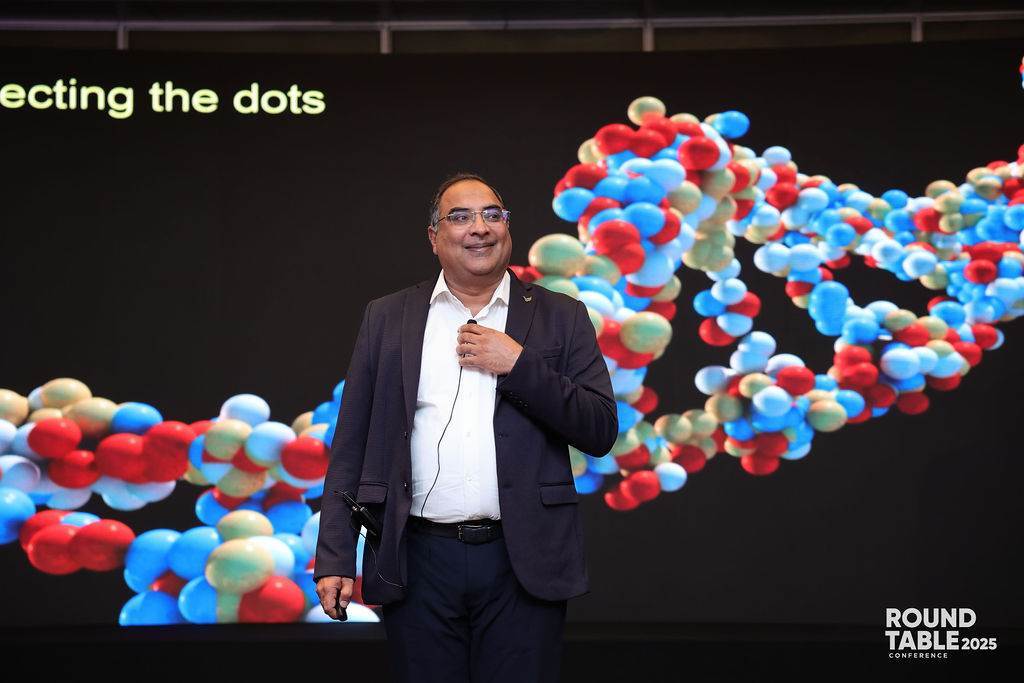
Amit Khurana, CEO of Technova, opened his session by acknowledging the scale of the event and the work that went into making it possible. He noted that while the global print industry is valued at over USD eight-trillion, which is eight times the size of the gaming industry, many in the trade still speak about it as if it’s in decline.
Khurana said the issue isn’t digitalisation itself, but the industry’s ability to adapt to what customers want. He said that in tier-2 and tier-3 cities, many printers still perceive digital print technology as it was a decade ago. He called for a change in mindset to match how fast trends are now evolving. He said that packaging, publishing, commercial, and newspaper printing together form a market of over 100-crore units in India, growing at 5–6% annually. However, many printers are still unsure how to diversify into newer segments like packaging and are unaware of what is required to compete effectively.
Khurana said Technova is working to relaunch plates that are chemical-free and process-free, and that on the digital side, it collaborates with HP, Konica Minolta, and others to offer integrated solutions.“Sustainability will only work if it becomes part of your organisational culture,” he said, crediting Technova’s internal teams for driving change.
Across all sessions, the speakers agreed that the printing industry must change its approach from processes to perception. Whether through automation, digital transition, or software adoption, the need to align with shifting customer expectations was clear.













 See All
See All